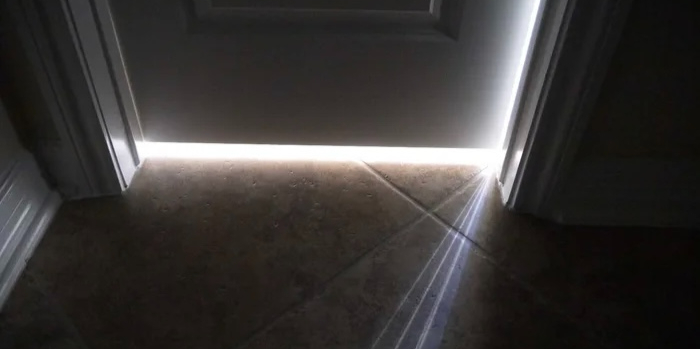AP: Academically Problematic
AP classes and tests are not an opportunity so much as a scam
May 24, 2023
Advanced Placement (AP) tests are often seen as a way for high school students to earn college credit and demonstrate their academic ability. However, there are many reasons why AP tests may be considered a scam.
Firstly, AP tests are expensive. Students must pay a fee for each test they take, which can add up quickly. And if you don’t pass the exam it seems like a big waste of money. In addition, schools often require students to take the tests, even if they do not want to or cannot afford to pay for them. This can create a financial burden for many families, especially those with multiple children taking the tests.
Secondly, AP tests may not accurately reflect a student’s abilities. The tests are standardized and may not take into account a student’s individual strengths or weaknesses. Additionally, the tests are often taken at the end of the school year, which may not be the best time for students to demonstrate their knowledge. Students may be burnt out from the school year or may not have had enough time to fully prepare for the tests.
Thirdly, the college credit earned from AP tests may not be as valuable as students think. Some colleges only accept certain AP tests for credit, and the amount of credit awarded may vary from college to college. In addition, some colleges may require students to earn a certain score on the AP test in order to receive credit. This means that students who do not perform well on the tests may not receive any credit, even if they have taken the corresponding college course.
The emphasis on AP tests may create an unhealthy culture of competition and stress among high school students. Students may feel pressured to take as many AP classes as possible in order to boost their GPA and college applications. This can lead to a lack of focus on other important aspects of their education, such as extracurricular activities or personal interests.
The AP program may perpetuate educational inequality. Students in low-income areas or underfunded schools may not have access to the same resources or opportunities as students in wealthier areas. This can put them at a disadvantage when it comes to preparing for and taking the AP tests. Additionally, the cost of the tests may be prohibitive for many low-income families, further limiting their access to college credit.
While the AP program may seem like a good way for high school students to earn college credit and demonstrate their academic ability, there are many reasons why it may be considered a scam. From the cost of the tests to the emphasis on competition and the perpetuation of educational inequality, there are many problems with the AP program that need to be addressed. As educators and policymakers, we must work to create a more equitable and effective system for assessing student learning and providing opportunities for college credit.





















































